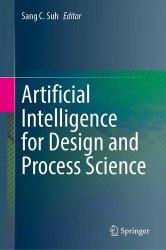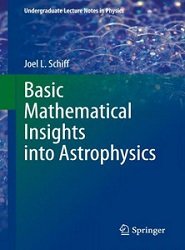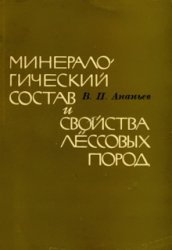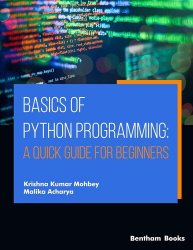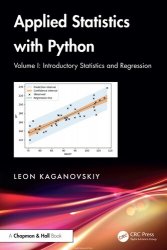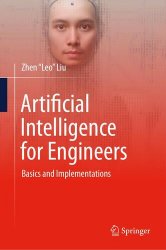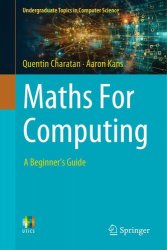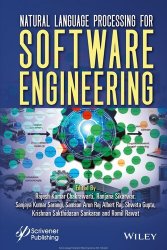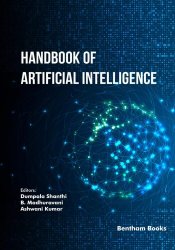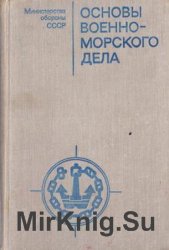 Название: Artificial Intelligence-Aided Materials Design: AI-Algorithms and Case Studies on Alloys and Metallurgical Processes
Название: Artificial Intelligence-Aided Materials Design: AI-Algorithms and Case Studies on Alloys and Metallurgical ProcessesАвтор: Rajesh Jha, Bimal Kumar Jha
Издательство: CRC Press
Год: 2022
Страниц: 363
Язык: английский
Формат: pdf (true)
Размер: 30.2 MB
This book describes the application of Artificial Intelligence (AI)/Machine Learning (ML) concepts to develop predictive models that can be used to design alloy materials, including hard and soft magnetic alloys, nickel-base superalloys, titanium-base alloys, and aluminum-base alloys. Readers new to AI/ML algorithms can use this book as a starting point and use the MATLAB and Python implementation of AI/ML algorithms through included case studies. Experienced AI/ML researchers who want to try new algorithms can use this book and study the case studies for reference.
AI algorithms can be used for developing mathematical models and for multi-objective optimization of desired properties. Machine Learning (ML) is a component of AI-based approach and has been effectively used for developing mathematical models. Machine Learning can be further categorized into supervised and unsupervised Machine Learning. Supervised ML approaches like artificial neural networks (ANNs), are used for developing predictive models, where a bunch of inputs can predict the output. Supervised ML algorithms need a training set on which the model is trained, and a testing set on which the model is tested. Unsupervised ML techniques are used for determining patterns/clusters within a data set and utilize the entire data set; that is, a user does not need to specify input, output, or training and testing set, whereas multi-objective optimization is performed by evolutionary or genetic algorithms (EA/GA). These topics will be discussed throughout the course of this book.
Offers advantages and limitations of several AI concepts and their proper implementation in various data types generated through experiments and computer simulations and from industries in different file formats
Helps readers to develop predictive models through AI/ML algorithms by writing their own computer code or using resources where they do not have to write code
Covers downloadable resources such as MATLAB GUI/APP and Python implementation that can be used on common mobile devices
Discusses the CALPHAD approach and ways to use data generated from it
Features a chapter on metallurgical/materials concepts to help readers understand the case studies and thus proper implementation of AI/ML algorithms under the framework of data-driven materials science
Uses case studies to examine the importance of using unsupervised machine learning algorithms in determining patterns in datasets
This book is written for materials scientists and metallurgists interested in the application of AI, ML, and data science in the development of new materials.
Скачать Artificial Intelligence-Aided Materials Design: AI-Algorithms and Case Studies on Alloys and Metallurgical Processes
[related-news] [/related-news]
Комментарии 0
Комментариев пока нет. Стань первым!
